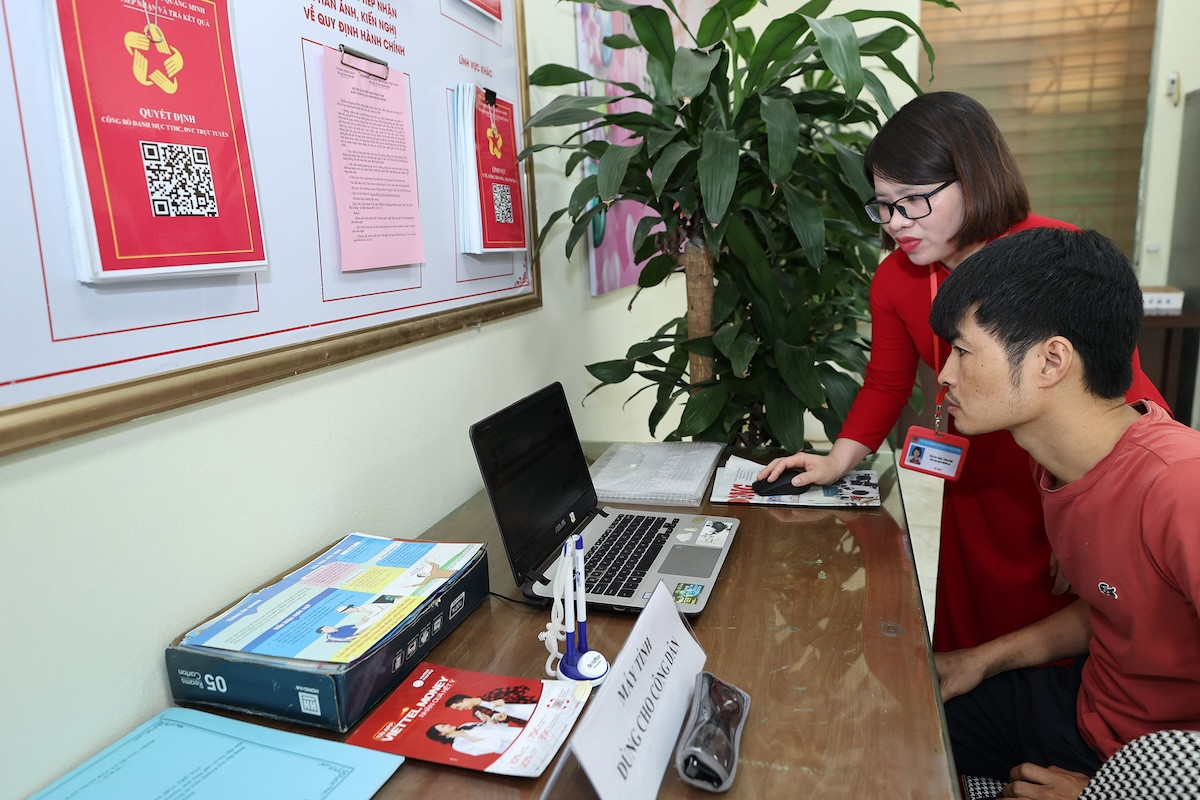
A debate arose after VietNamNet quoted a Da Nang high ranking official as saying that many overseas trained PhDs, working at commune units, will have to resign from their positions as a result of the ongoing apparatus streamlining campaign.
Many argue that a doctorate or master’s degree does not equate to talent or practical application. Reader Minh remarked, “If someone with a foreign doctorate can’t find a job elsewhere and has to work as non-specialized worker at a commune, the value of that degree should be questioned.”
Reader Cuong Do highlighted the so called “paper doctors,” i.e. people who have a doctorate, but don’t have real capability.
He also pointed out that some people have high academic qualifications but lack specific contributions. Similarly, reader Quang Luu emphasized that doctoral research should have practical applications; otherwise, doing clerical work at a commune is unsuitable and worthy of their high education.
“Doctorate holders are only suited for scientific and academic research environments,” many agreed, suggesting that those with doctoral degrees should work at universities or research institutes rather than in communes where their abilities cannot be fully utilized. “It’s such a pity,” one reader said.
Reader Pham Kien Dinh stressed that commune-level administrative work mainly follows procedures and does not require high academic qualifications. Some civil servant positions only need diligence, impartiality, and a commitment to serving the people, so talent is not a priority.
“In my hometown, few commune officials have formal university degrees, yet the work still runs smoothly,” reader Le Hoa shared.
Some expressed their surprise when hearing that overseas trained PhDs accept to work for commune units. They believe that qualified workers can easily find better jobs.
The streamlining of staff and reassignments from district to commune units have also raised concerns. Reader Tran Quyet noted that district-level civil servants are permanent workers, so labor contract-based commune staff are often cut first during the apparatus streamlining. Meanwhile, local work requires practical experience more than high qualifications.
Reader Mai Thanh Huong suggested learning from FDI enterprises’ transparent HR policies, offering good benefits and replacing underperforming staff. She argued for “abolishing lifetime tenure to ensure equality.”
Identifying talented people is also a matter of concern. Reader An Nguyen asked: “What is a talented person? What is the basis for determining it?”
National Assembly deputy Dang Thi Bich Ngoc from Hoa Binh suggested establishing criteria for identifying talent and special policies supported by the state budget to provide a basis for local implementation.
Ho Giap